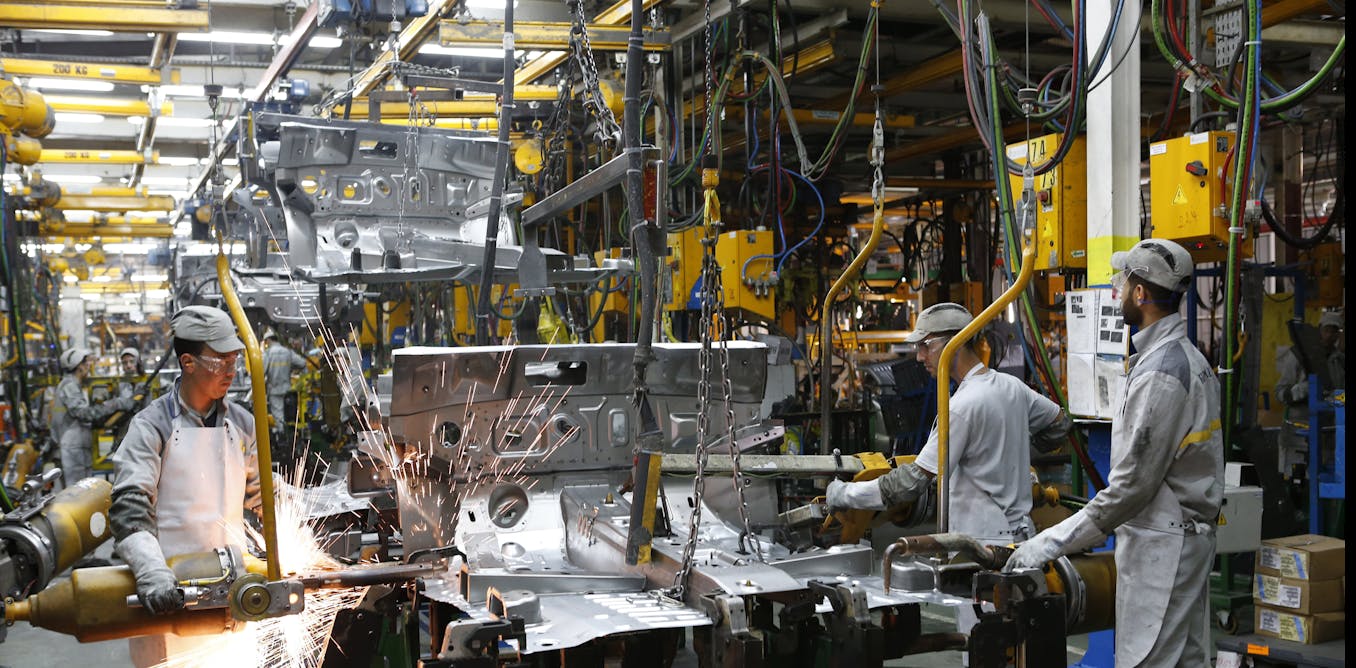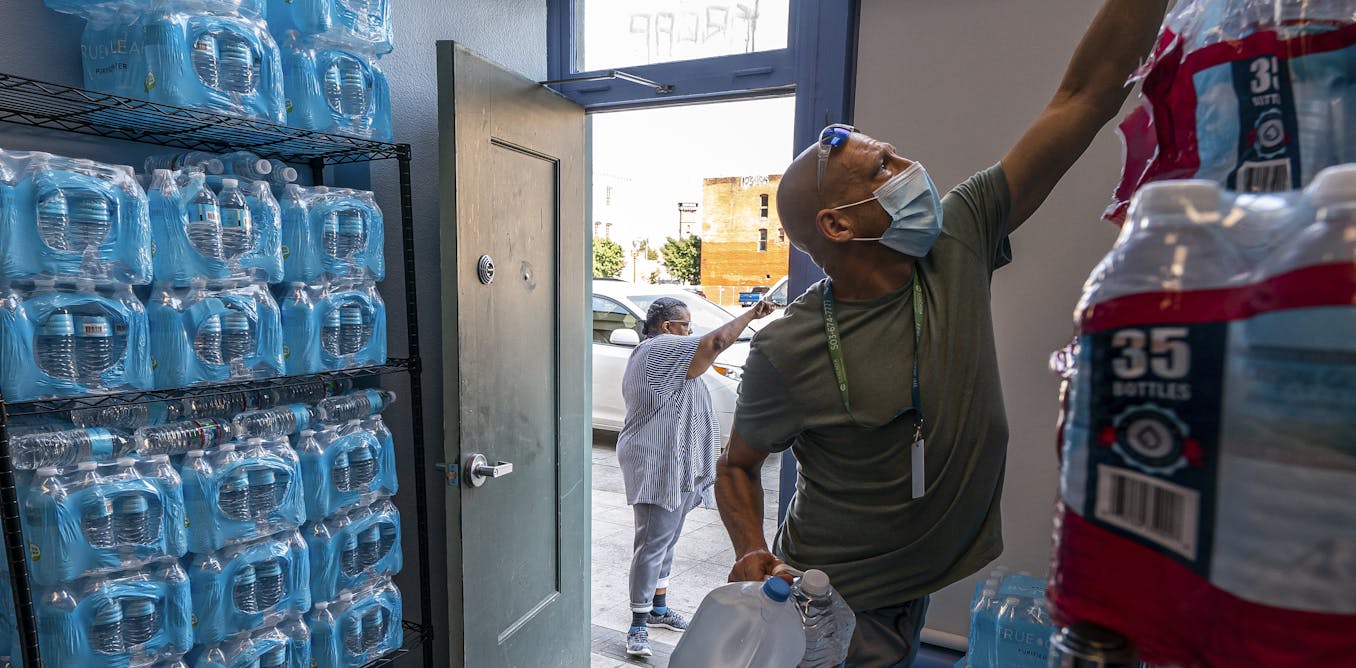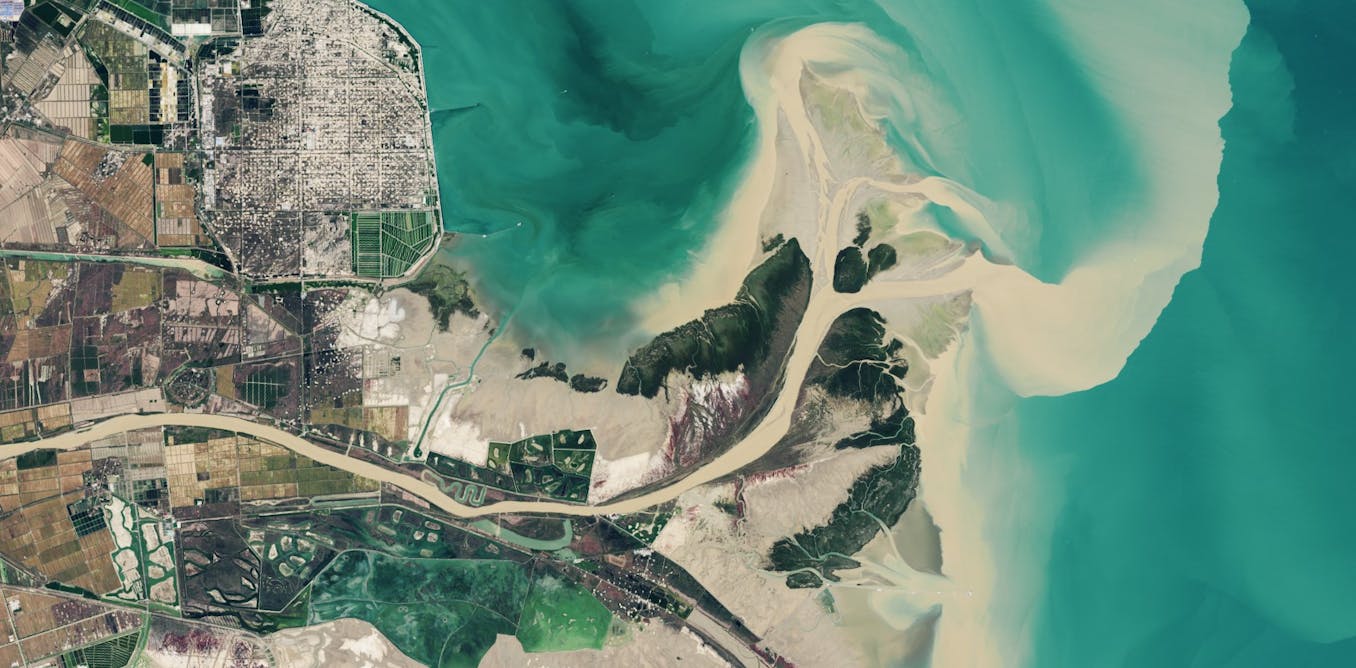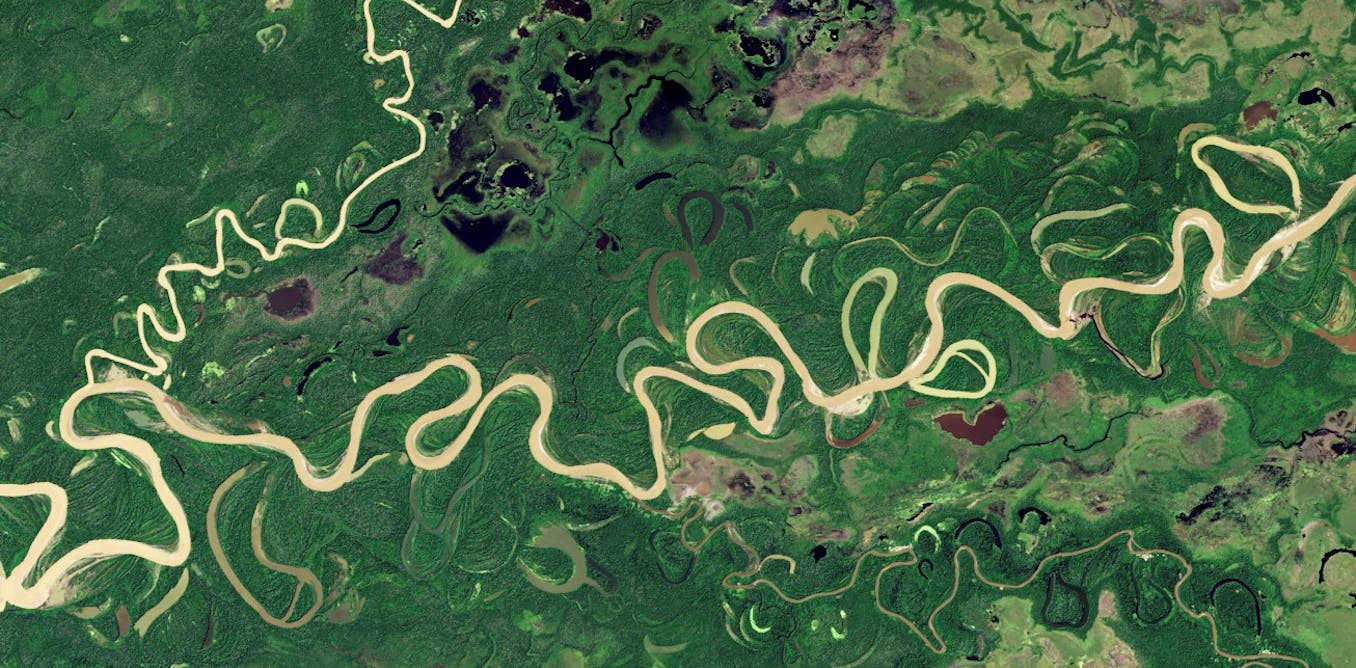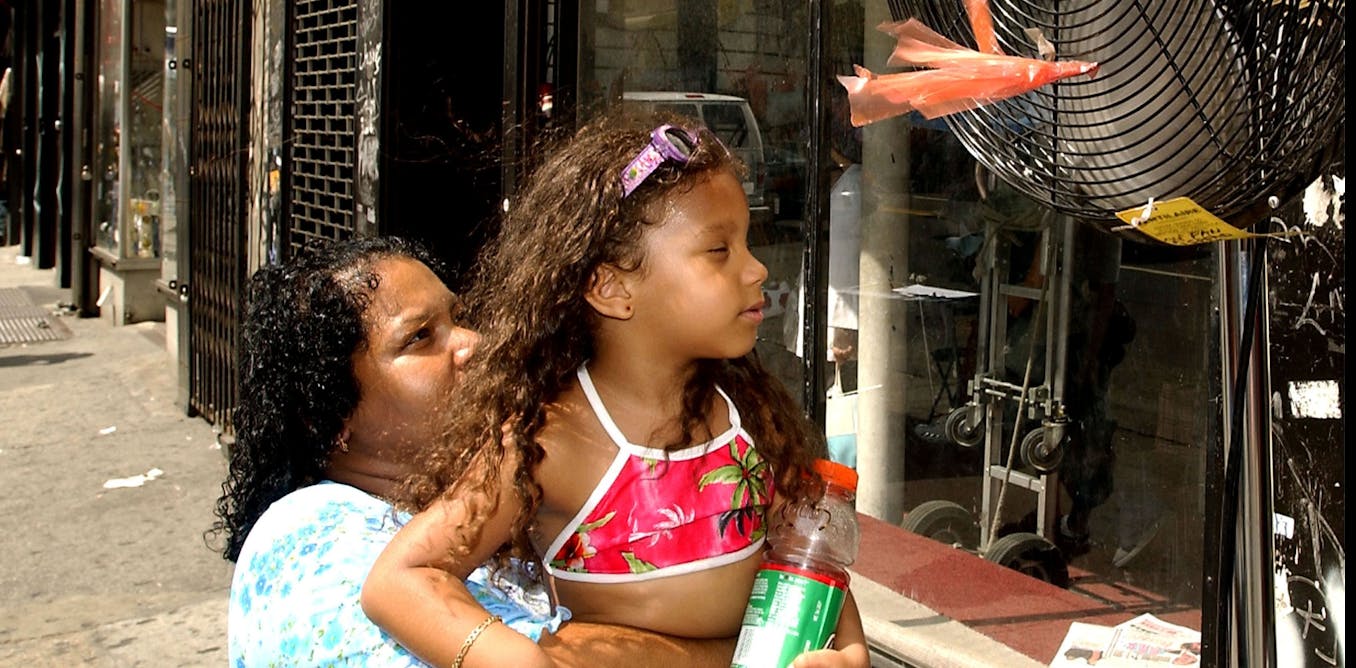Ancient Rome had ways to counter the urban heat island effect – how history’s lessons apply to cities today
As summer temperatures rise, finding ways to build cities that don’t hold in the heat and can provide some cooling is increasingly important.
Aug. 19, 2024 • ~8 min



